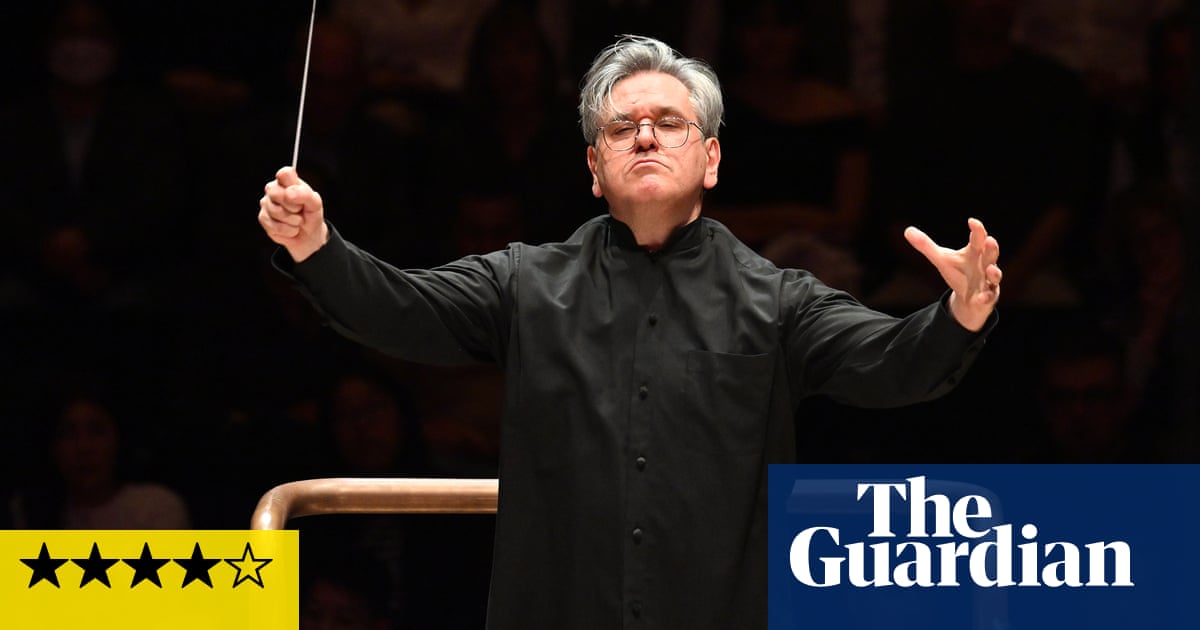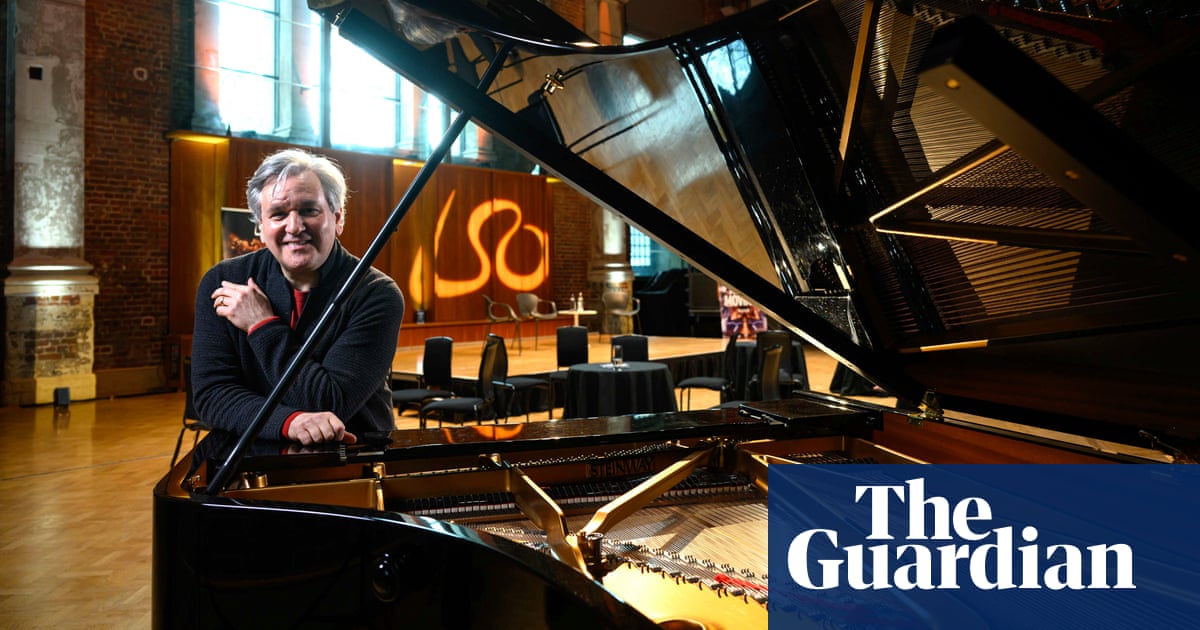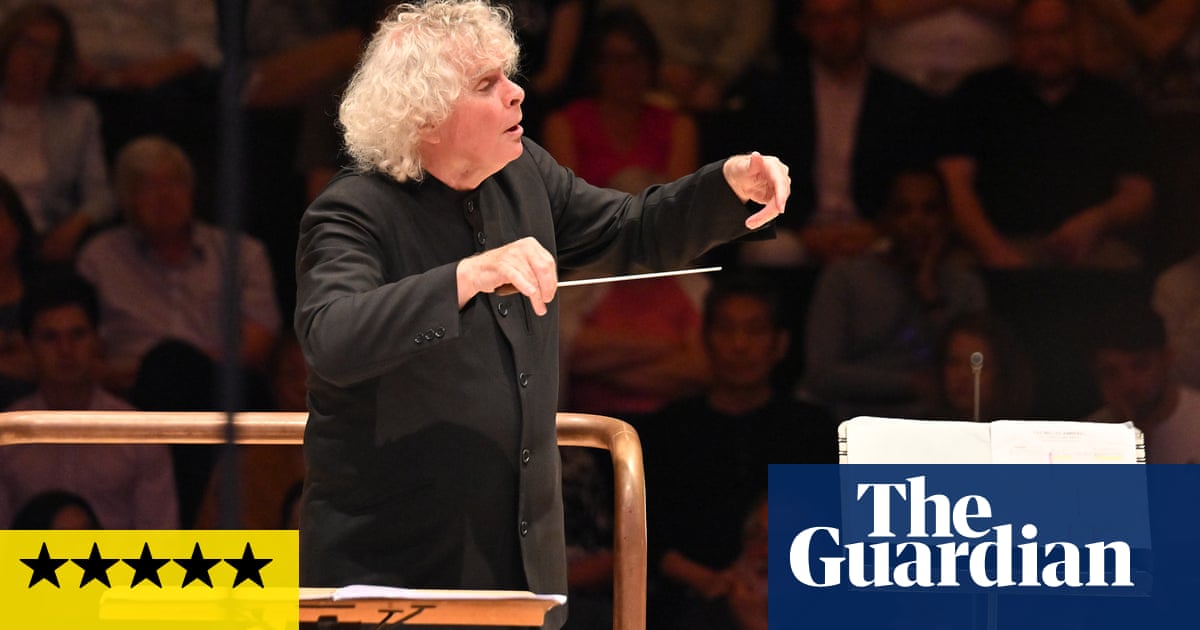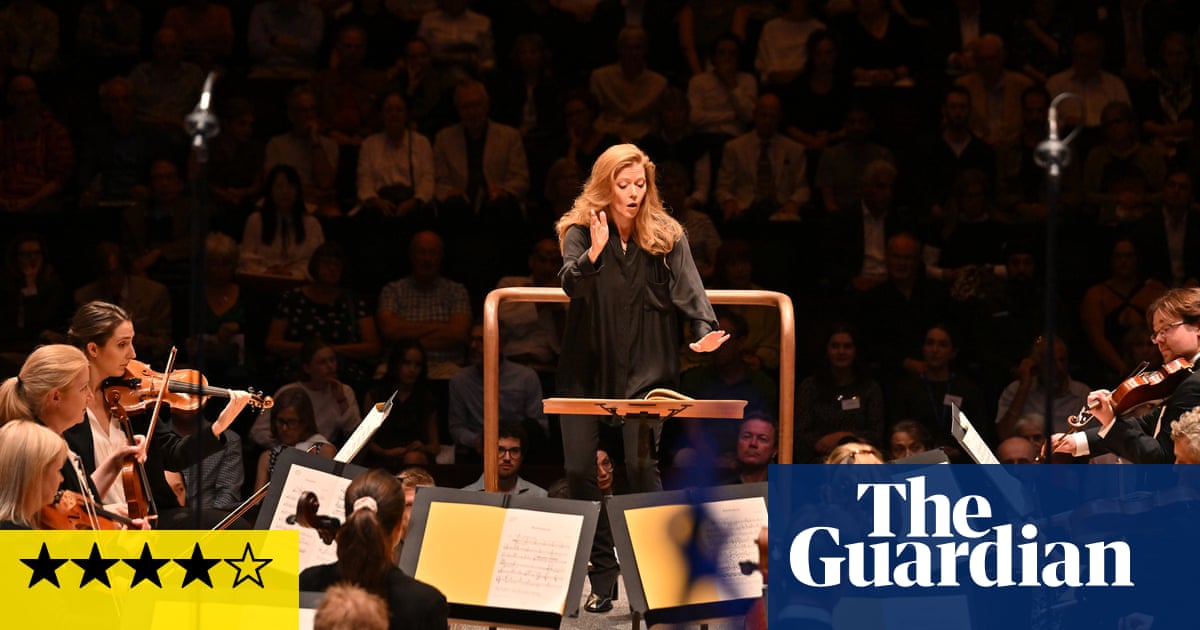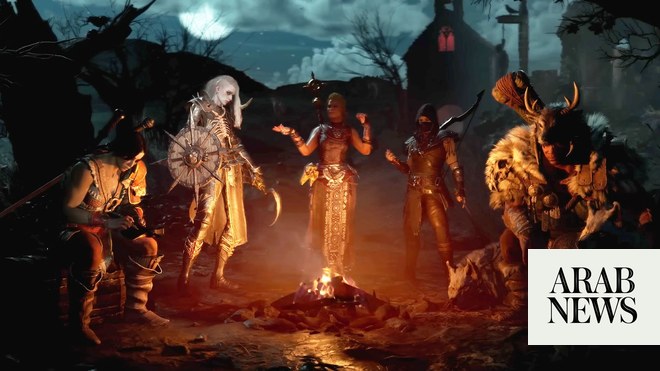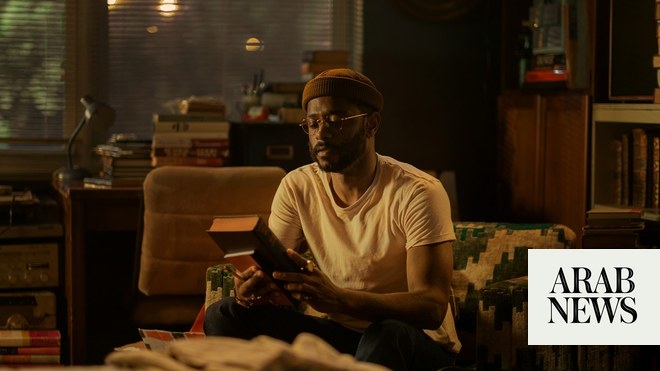
t the end of his concert with the London Symphony Orchestra, Antonio Pappano made a short speech, thanking the audience for attending and giving their support. London’s halls, theatres and opera houses remain open, for now, but the Barbican was understandably by no means full, and the atmosphere compounded enthusiasm with unease. In the foyer, friends kept their distance from each other even as they talked, and many wondered if this was the last concert they would hear for some time.
The programme consisted solely of British music, with Britten’s Violin Concerto as its centrepiece, flanked by Vaughan Williams’s Fantasia on a Theme by Thomas Tallis and his Sixth Symphony. Pappano’s way with the Tallis Fantasia, grand yet immediate, resulted in a performance of great dignity, sensuous and austere by turns, majestically played and free from the cloying nostalgia that can sometimes cling to it.
Sign up for the Sleeve Notes email: music news, bold reviews and unexpected extras
Read more
With the concerto and symphony, however, the mood darkened. Both were written in response to the crises of the mid-20th century, and to hear them at a time of uncertainty, inevitably perhaps, heightens their impact. The concerto dates from 1939 and has been interpreted as a meditation on both the catastrophe of the Spanish civil war and the rising political tensions in central Europe. In an exceptional account of the work, Vilde Frang seemed not so much to play it as to live it, etching every phrase with uncompromising emotional directness, while Pappano’s conducting veered between restless energy and relentless momentum. The whole thing was overwhelming and unforgettable.
“Can’t a man just write a piece of music?” was Vaughan Williams’s response when probed about the underlying meaning of his Sixth, though the symphony, begun in 1944 and completed three years later, is invariably viewed as dealing with the trauma of war and its aftermath. Pappano tore into it with incisive ferocity, emphasising its violence, mordant humour and almost deliberate crudity, though the radiant closing section of the first movement shone like a brief beacon of hope, and the ambiguous finale hovered between exhaustion and acceptance.




